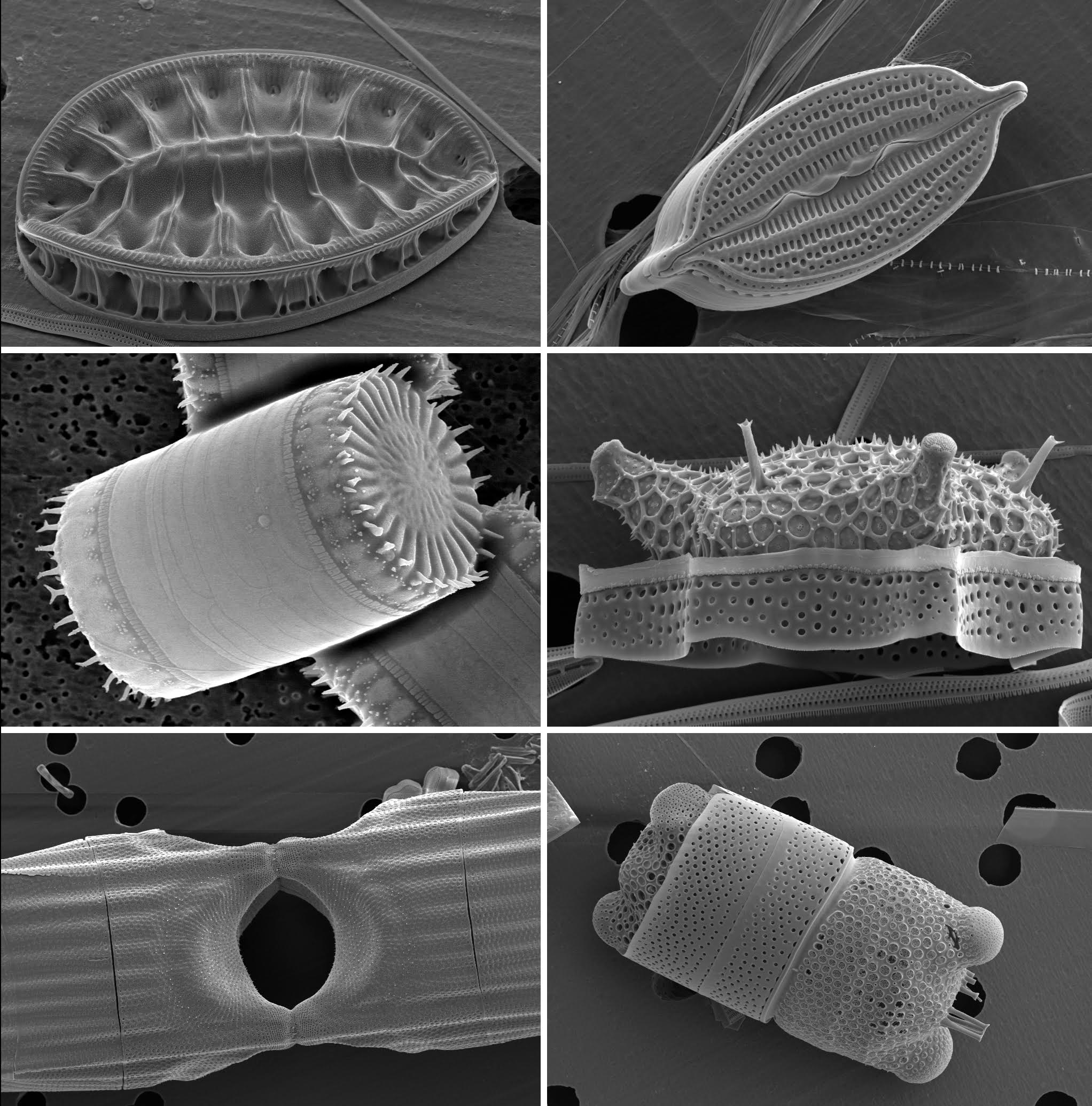Biology
Research in the Alverson Lab is focused on the evolution and diversification of diatoms, unicellular algae that produce 20% of Earth’s oxygen. Their research uses genome-scale data to reconstruct the family tree, or phylogeny, of diatoms. Phylogenetic trees allow them to establish and test competing hypotheses about the life history traits and genomic features that have allowed diatoms to diversify into marine and freshwater ecosystems worldwide. Other research combines controlled laboratory experiments with transcriptomics to understand how diatoms have adapted to different environments. While most scientists build phylogenetic trees based on just a few gene sequences, Alverson's group is able to reconstruct the whole genome using the large memory nodes available at AHPCC. Dr. Alverson also offers a university course titled Practical Programming for Biologists that teaches fundamentals of biological computing and how to program to optimize usage of HPC resources.
Research in the Alverson Lab is funded by the Arkansas Biosciences Institute, National Science Foundation, and Simons Foundation.

Figure 1: Scanning electron micrographs show the ornate silica cell walls of six diverse diatom species. These cells are roughly 20–200 micrometers in size.